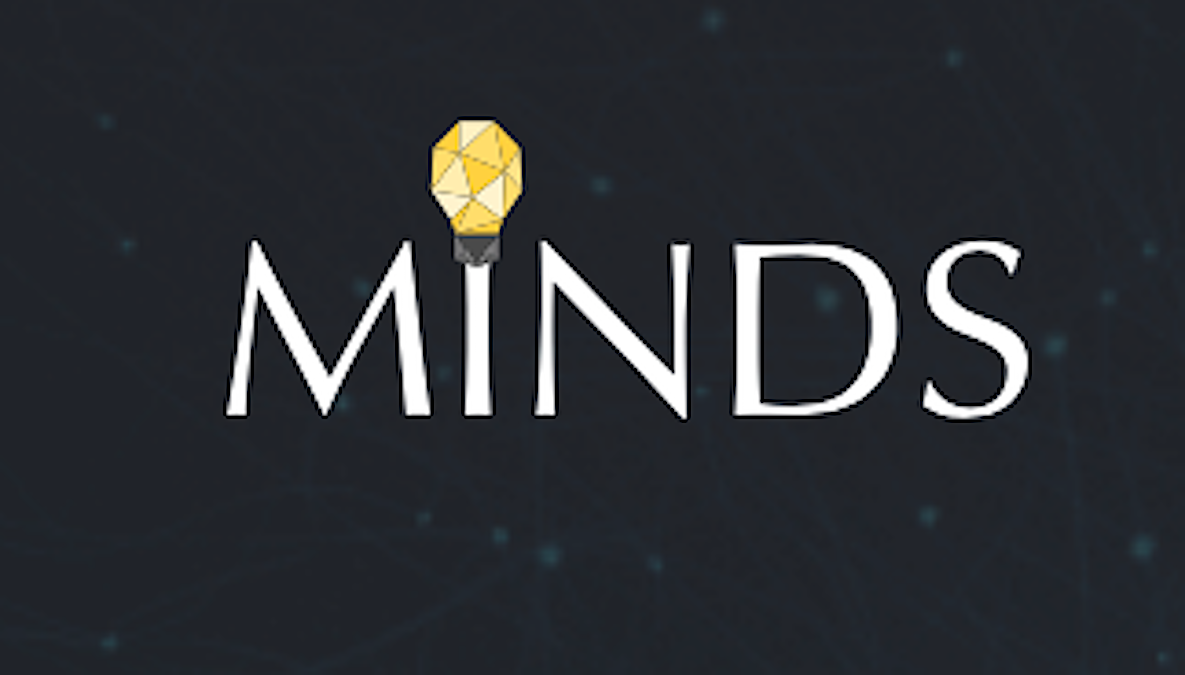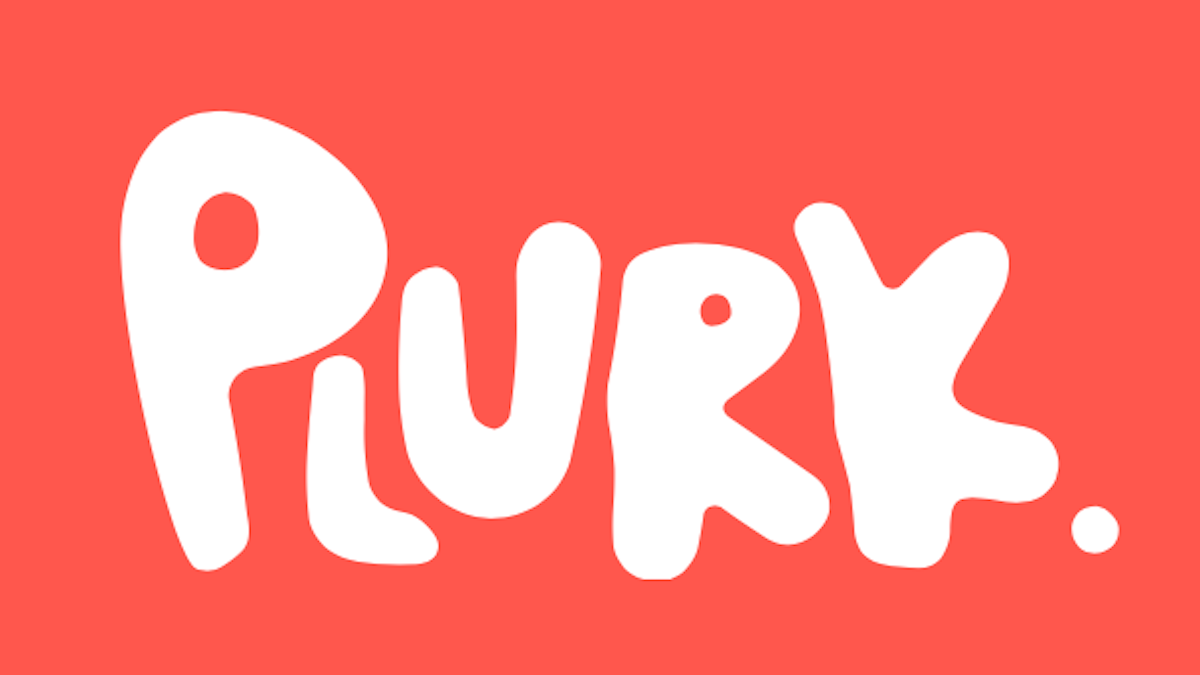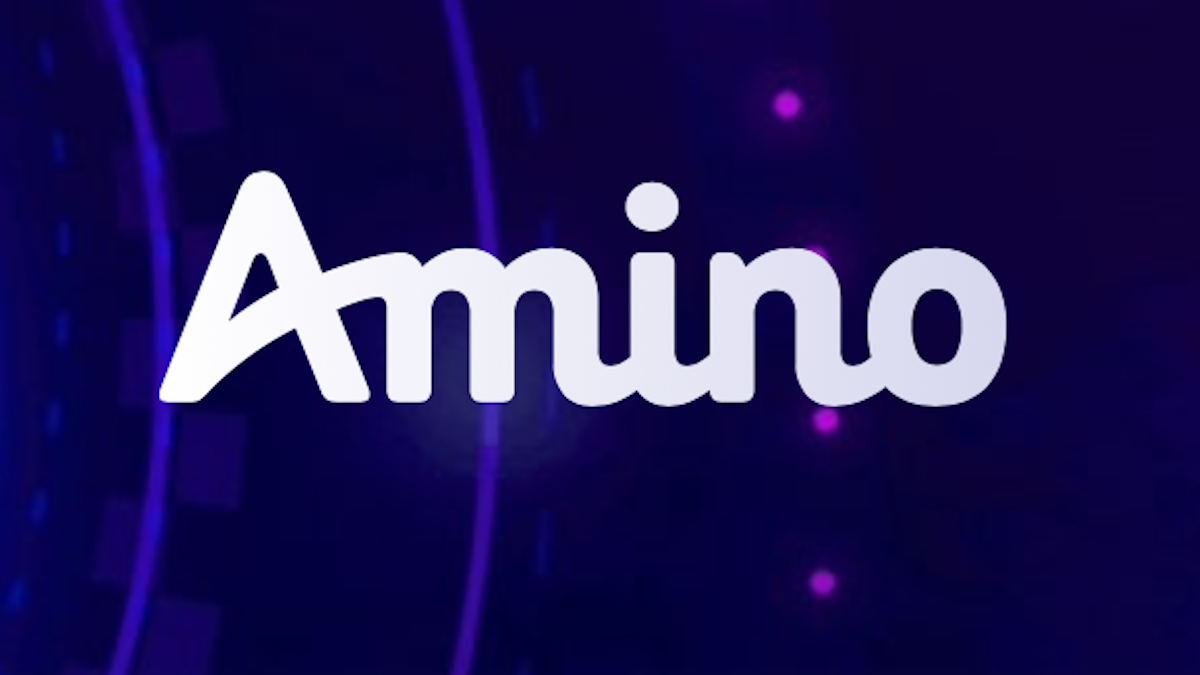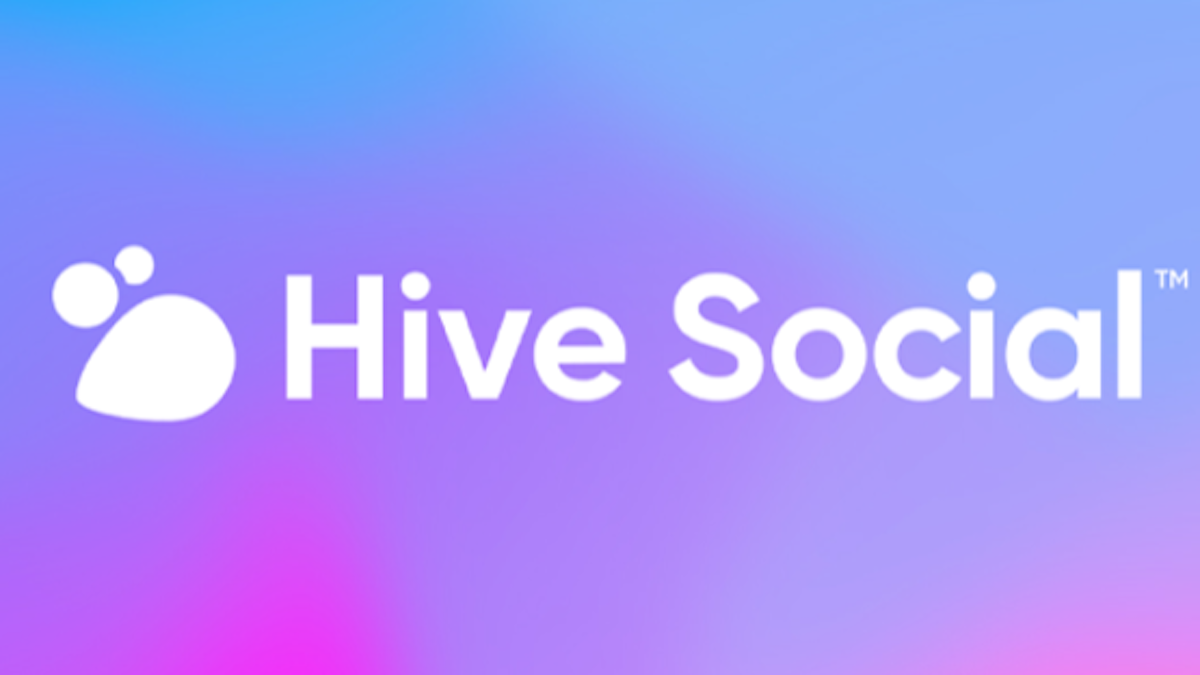Twitter is one of the world’s most popular social media platforms. Alas, it isn’t without controversy with Elon Musk’s acquisition of the platform being the latest in a long line. This means that many people are keen to try somewhere new. Because, much like MySpace giving way to Facebook, online social media is constantly shifting and changing.
So if you’re looking for a new social media platform, here are your options.
12. Mastodon

This decentralized social network looks and feels a lot like Twitter. However, unlike Twitter, anyone can host their own Mastodon server, meaning you can have tiny versions of Twitter focused on specific topics. But don’t worry. You can also see posts on other public servers while also being a member of a different one.
11. Minds

Calling itself an “open source social network dedicated to Internet freedom,” Minds stands out due to its in-depth analytics tools and lack of an algorithm and censorship. However, the site is controversial as it uses cryptocurrency. It pays users in MINDS Tokens when they create popular content, and users can spend these tokens to buy account promotions.
10. Counter Social

Billing itself as “No Trolls. No Abuse. No Ads. No Fake News. No Foreign Influence Ops,” Counter Social is a Twitter-like platform with many unique features, including groups, self-destructing posts, and the ability to listen to certain radio stations.
9. Plurk

Another Twitter-like platform, Plurk, allows users to send messages of 360 characters in length. These messages are shown on other users’ timelines. Fascinatingly, Plurk timelines scroll horizontally, not vertically, making them literal timelines. Plurk also has a massive international user base, especially in Asia, so for those who can speak one of the languages common in that region, Plurk is even better.
8. Aether

This peer-to-peer social network functions a lot like a blogging platform. But it has a few things that make it stand out from the pack. First, people can make their own communities, making micro social media networks for a specific topic. Also, messages vanish after six months if not saved, making Aether perfect for people who value their privacy. Thirdly, each community is democratically controlled, allowing users to vote for their mods and impeach those they disagree with, allowing users to control their experience more than on other platforms.
7. Amino

Amino already has a sizable user base. However, it is aimed at teens, so keep that in mind. Amino lets users make communities based on their interests. These communities can include posts of many types, including standard ones like pictures and videos to more unique ones like polls and quizzes. And, in one really cool touch, it has a built-in voice chat and a system that allows users to watch videos together.
6. Hive Social

This super aesthetic social media platform prides itself on chronologically showing your friends’ posts. It also has several neat features, including letting you pick your profile color, adding songs to your profile, and displaying your pronouns and zodiac sign on your profile.
5. Cohost

Describing itself as “a new social media platform built from the ground up by a small team of developers and designers who like sharing things on the internet,” Cohost makes a big deal about its lack of ads and algorithm. While it is still in the early stages, the developers plan to add more in the future, including the ability to accept tips and subscriptions.
4. Micro.blog

Micro.blog is a microblogging platform with a super-clean interface. It doesn’t have ads. Plus, the site has strict moderation standards, meaning that the spam and abuse seen on other platforms aren’t seen here. Plus, it doesn’t use algorithms and relies instead on content curation to deliver users new content.
The only downside is that you will need to pay a monthly fee to unlock all the features.
3. TikTok

One of the most infamous platforms of recent years, TikTok is designed to allow users to share short videos, usually soundtracked by popular hit songs. While different from Twitter, some former Twitter users have made the switch and found that they prefer video-based communication. And it can’t be denied that it is one of the fastest-growing social media platforms of the current age.
2. Reddit

One of the most popular social media networks, Reddit is basically a forum. The site is divided into subreddits, small communities dedicated to a single topic. Due to Reddit’s age and vast user base, there is a subreddit for nearly everything, from the obvious to the highly obscure, making it great for people with specific interests.
While not a social network in the modern sense, you can post directly to your profile. Plus, Reddit lets you follow users, allowing you to get a pseudo-Twitter experience. Plus, you can make private subreddits if you and your friends want a place to chat.
1. Facebook/Meta

While Facebook has become less popular recently, some may opt to move back to the platform. While it has a list of documented faults, Facebook excels at allowing users to follow the lives of those closest to them while also interacting with trending news and videos.

